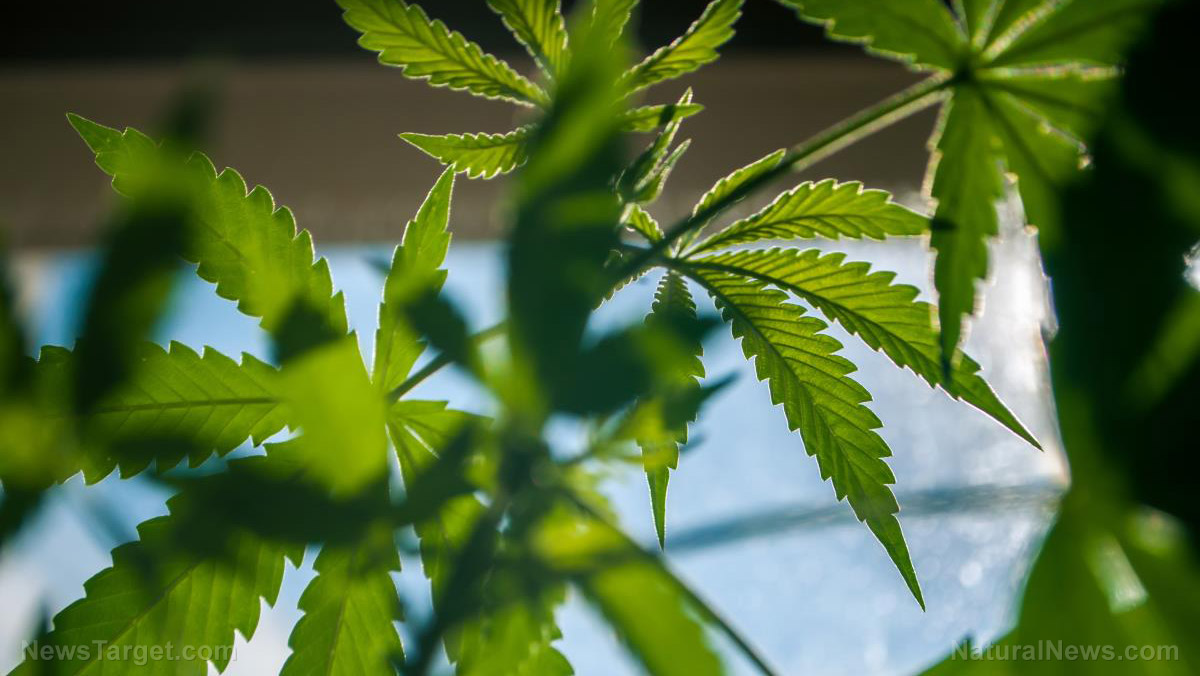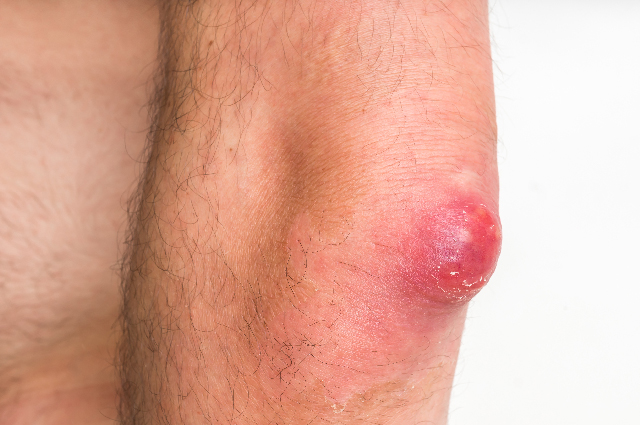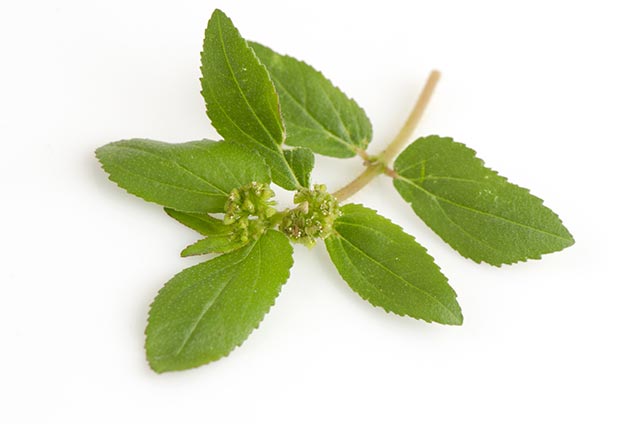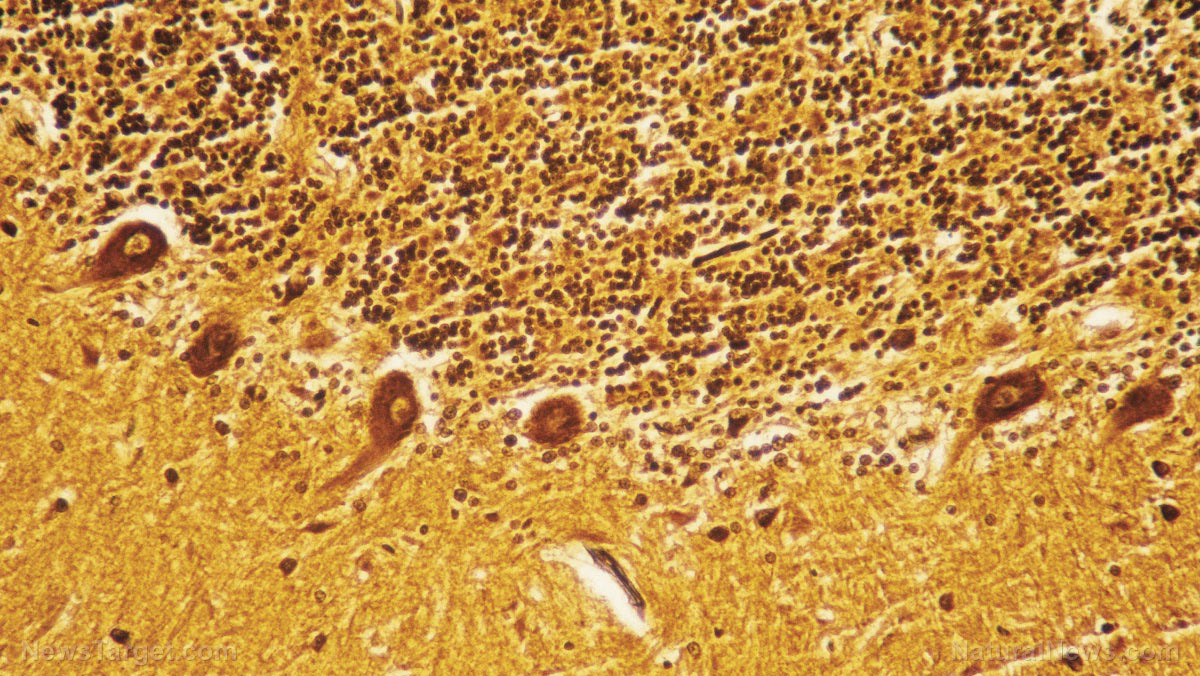Medical cannabis use found to dramatically decrease reliance on addictive prescription medications
08/27/2017 / By Russel Davis

Taking medical cannabis may significantly reduce the need for prescription medications, a recent study revealed.
As part of research, a team of health experts at the University of New Mexico examined patients who voluntarily enrolled in the New Mexico state medical cannabis program. The patients were also on scheduled prescription medications.
Prescription drug use was reported to the New Mexico Prescription Monitoring Program. Opiates and benzodiazepines were among the most common drugs that the patients used.
According to the research team, patients enrolled in the medical cannabis program have significantly lower monthly average number of prescriptions than those who did not enroll in the program. Enrolled patients also reduced the types of prescription drugs they took as well as the number of prescribers and related pharmacy visits, the scientists noted.
In addition, the health experts found that up to 71 percent of enrolled patients either ceased or reduced their use of scheduled prescription drugs within six months following enrollment.
The study was slated for publication in the Journal of the American Medical Directors Association.
Previous studies support link between cannabis use, lower Rx drug use
The recent results coincide with findings from two studies published last year.
In one study, a team of researchers at the University of Michigan School of Public Health and Medical School examined 185 patients from a medical marijuana dispensary in Ann Arbor between November 2013 to February 2015.
The research team found that patients who took medical marijuana to treat chronic pain exhibited a 64 percent reduction in their use of more traditional, opioid-based medications. The experts also noted fewer side effects and a 45 percent increase in quality of life in patients who took medicinal cannabis.
Study lead author Kevin Boehnke stressed that the country is in the midst of an opioid epidemic, and said that the findings may hopefully lead to discussions about cannabis being a potential alternative to opioid treatment.
“We are learning that the higher the dose of opioids people are taking, the higher the risk of death from overdose. This magnitude of reduction in our study is significant enough to affect an individual’s risk of accidental death from overdose. We hypothesized that cannabis might be particularly effective for the type of pain seen in conditions such as fibromyalgia, since there are many studies suggesting that synthetic cannabinoids work in these condition. We did not see this because the patients in this study rated cannabis to be equally effective for those with different pain severity,” senior author Dr. Daniel Clauw said in a university release.
Another study showed U.S. states that legalized medicinal cannabis use saw a significant decline in prescription drug use among the elderly and disabled population.
As part of the study, researchers at the University of Georgia assessed prescription data for nine conditions — such as anxiety, depression, seizures and glaucoma — in which medicinal marijuana may be of great use. (Related: Cannabis Compounds Found To Be SUPERIOR To Migraine Drugs.)
The scientists found that fewer prescriptions were written for each condition except for glaucoma in states where medicinal cannabis was allowed. Researchers said medicinal cannabis lowers eye pressure in glaucoma patients, but the effects lasted for only an hour.
Study lead author Ashley Bradford said the results suggest that people are really using medicinal marijuana for health purposes and not just for recreation.
“It turns out that glaucoma is one of the most Googled searches linked to marijuana, right after pain. No doctor is going to let [a glaucoma] patient walk out without being treated. When states turned on medical marijuana laws, we did see a rather substantial turn away from FDA-approved medicine. The results show that marijuana might be beneficial with diverting people away from opioids,” study co-author David Bradford told CBC News online.
Sources include:
Tagged Under: addiction, cannabis, drug addiction, marijuana, medicinal cannabis, medicinal marijuana, Opioid, opioid epidemic, Opioids, Prescription drugs




















